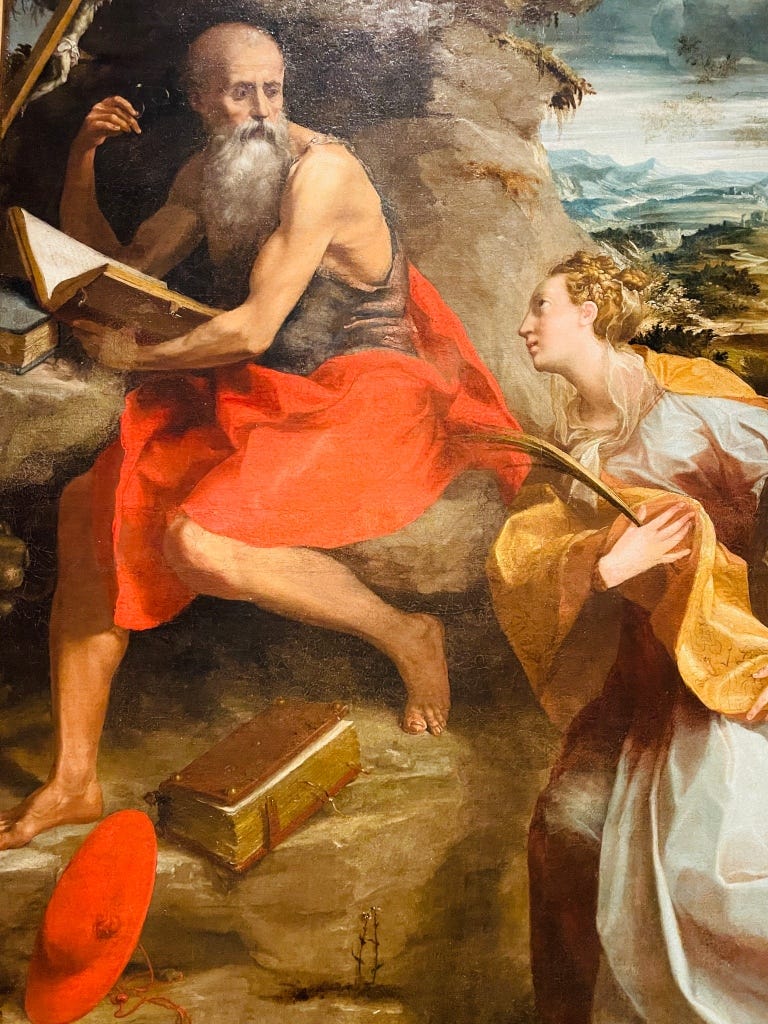The book of the desert

Books don't chase away solitude, they make it bearable, turning it into a sweet presence, unthreatening, even kind. Sometimes they even foster it, and it's an alluring proposition.
Books don't populate the cities of the mind, they build those cities up.…
Keep reading with a 7-day free trial
Subscribe to Biblonia to keep reading this post and get 7 days of free access to the full post archives.

